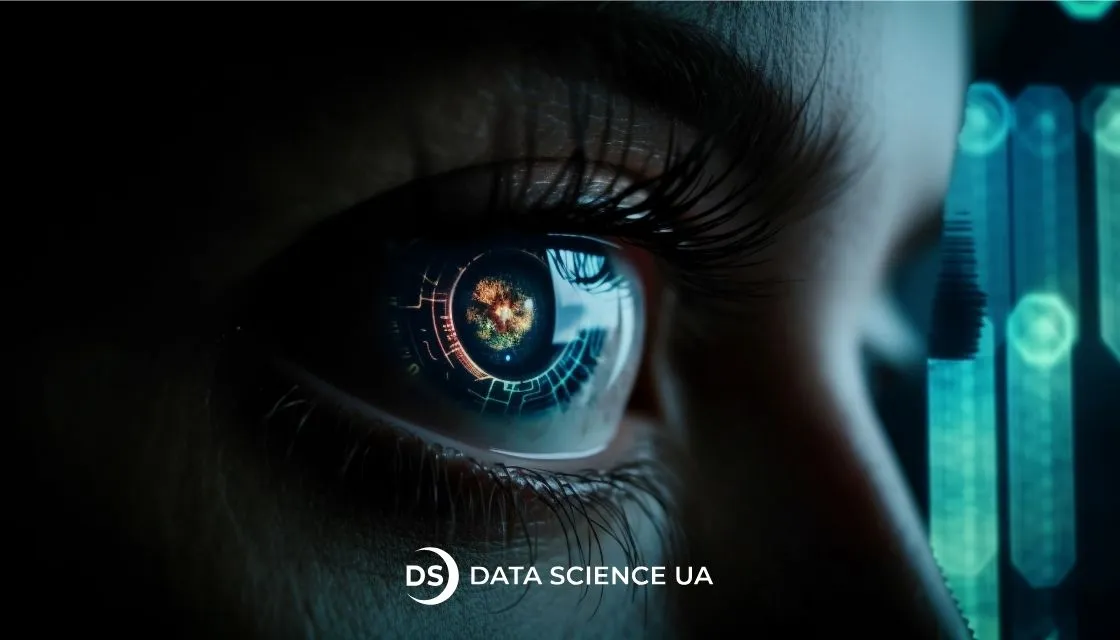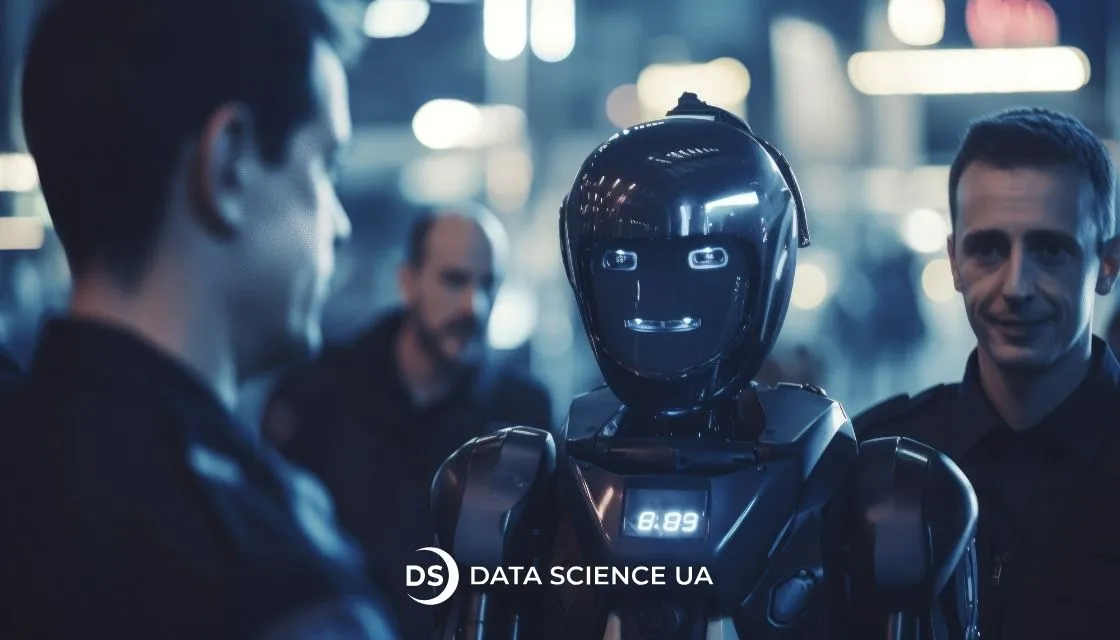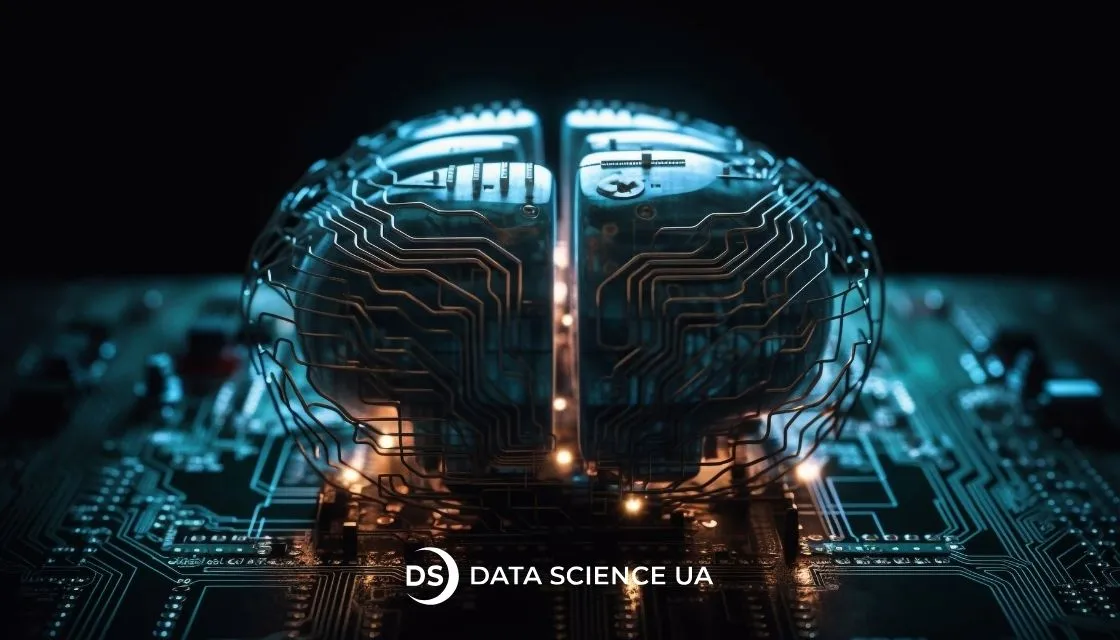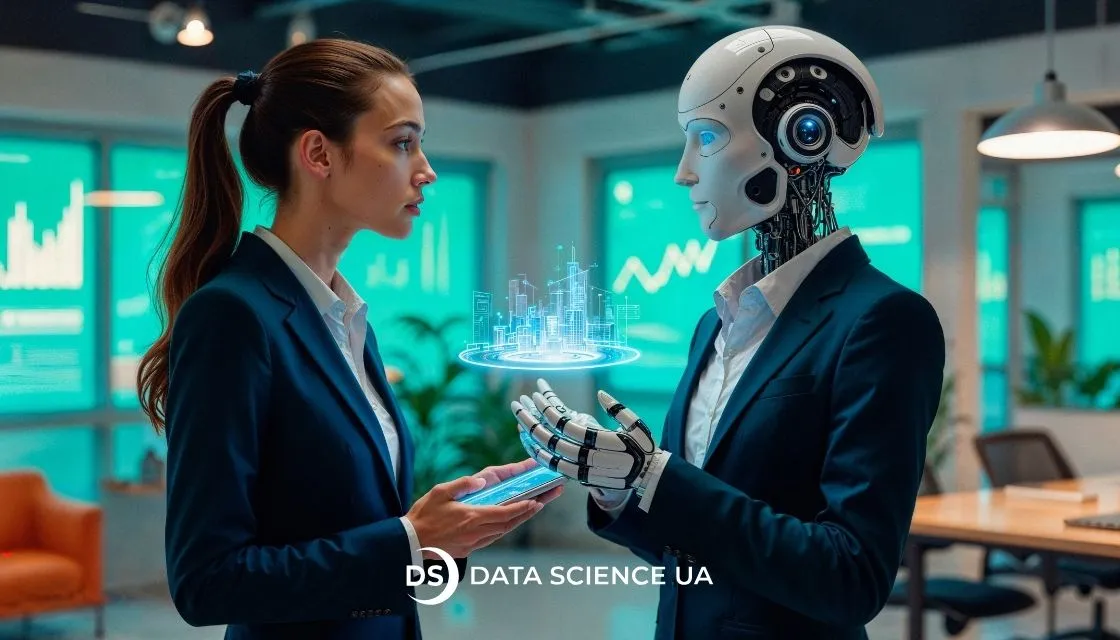Transforming DevOps with AI Innovation
DevOps AI practices can help organizations move towards an ultra-streamlined, dynamic, and creative approach. This combination enhances the productivity of the operational workflows with quality and decision making. In this article, we will talk about how AI for DevOps tools are revolutionizing the IT world-the good things it can do, the problems it can cause, and how to use it well.
Integrating AI into DevOps
Defining Artificial Intelligence (AI)
AI systems are capable of data analysis, pattern recognition, and decision-making with a limited amount of human input. For example, AI in Siri and Alexa that can respond to queries based on pattern recognition learned from large data sets. The scope of AI includes diverse applications such as natural language processing services, machine learning, and creating autonomous devices, which can automate complicated tasks and produce meaningful analytics from huge data sets.
Understanding DevOps Methodology
DevOps is a set of practices that combines two important sections: software development and IT operations to provide better speed and quality for the delivery of software. This approach will help a team in working together by automating the use of continuous integration and continuous delivery, CI/CD. DevOps quickens software development and amplifies the overall customer experience. Netflix deploys code several thousand times a day because of DevOps, and that is how its streaming services are always up and running.
 Image from Pexels (source)
Image from Pexels (source)
Applying AI in DevOps Workflows
Implementing AI in Continuous Integration and Continuous Deployment (CI/CD)
DevOps brings software development and IT operations together on the common ground of faster delivery of software with better quality. It enables teams to collaborate on work by using automation, continuous integration, and continuous delivery of software. DevOps quickens up software development and makes it better for customers by eliminating all sorts of roadblocks and encouraging everybody to work together: Netflix uses AI for DevOps in deploying code several thousand times a day so its streaming services are always up and running.
AI-Driven Monitoring and Predictive Alerting
Devops AI can check how well a system is working right now, spotting problems and predicting problems before they happen. Datadog and New Relic use machine learning algorithms to learn from historical data and improve its accuracy over time. For instance, if a website gets a lot of visitors, AI tools for devops can tell people about problems like DDoS attacks or slow performance. It helps solve problems before they happen.
Resource Allocation and Cost Optimization with AI
AI for devops can help in optimizing resource utilization by analyzing usage patterns and predicting future demands. For instance, cloud providers such as AWS and Azure use AI in devops to automatically adjust the allocation of resources according to real-time usage data. An example is AWS Auto Scaling, which automatically increases or decreases resource capacity based on demand, ensuring optimal performance at the lowest possible cost. This way, peak usage can be predicted, and an organization can meet its users’ resource needs without excess waste of resources and related costs.
Strengthening Team Collaboration and Communication with AI
DevOps and AI tools can help teams work together and communicate better. Teams can focus on more strategic initiatives by automating routine tasks like status updates and progress tracking. For example, AI-driven chatbots like Slackbot can answer questions about project status or operational metrics, thereby improving team productivity. Also, platforms like Microsoft Teams integrate devops and AI features to summarize meetings and track action items, improving collaboration across teams.
 Image from Pexels (source)
Image from Pexels (source)
Advantages of Leveraging AI in DevOps
Boosted Productivity
AI in devops can be used to automate time-consuming tasks and give you actionable insights. DeepCode is a tool that checks code for weaknesses and suggests ways to make it better. It helps developers focus on making new things instead of fixing problems.
Improved Quality Assurance
AI in devops improves quality assurance processes by allowing automated testing and continuous monitoring of applications. Machine learning in devops can find patterns in test results, which helps teams find problems earlier in the development process. Tools like Test.ai make test scripts based on user interactions, which reduces the time it takes to do manual testing.
Greater Operational Agility
AI in devops improves quality assurance processes by allowing automated testing and continuous monitoring of applications. Machine learning in devops can find patterns in test results, which helps teams find problems earlier in the development process. Tools like Test.ai make test scripts based on user interactions, which reduces the time it takes to do manual testing.
Reduced Operational Costs
AI in devops can be used to automate routine tasks and prevent maintenance. By keeping things running smoothly and using resources wisely, companies can save money while still giving good service. By using AI in devops, Google makes their data center work better, which saves a lot of energy and money.
Accelerated Delivery Cycles
AI and devops speed up delivery cycles by streamlining CI/CD processes and enabling rapid feedback loops. Using AI in devops in GitHub Actions, teams can automate workflows that integrate code changes, run tests, and deploy applications seamlessly, improving the speed of delivery.
Data-Driven Decision-Making
Machine learning in devops helps teams use lots of data to make smart choices. AI in devops helps companies find trends, evaluate risks, and make smart choices that help them succeed. Financial institutions use AI and devops to check for fraud and respond quickly to possible threats.

Image from Pexels (source)
Potential Challenges in Adopting AI for DevOps
Opaque AI Models (Black Box Challenge)
A big stumbling block in the adoption of AI in devops is the “black box” nature of many AI models. These models can make decisions without providing clear explanations, which makes it difficult for teams to understand the rationale behind certain outcomes. By the way, you have to implement AI in devops, if you want to boost your company.
Issues with Data Reliability
AI systems, however, are much more dependent on data quality. If the data used in training AI models is either incorrect or incomplete, then the results will also reflect poor decision-making and unreliable outputs. Successful implementation of machine learning in devops depends on ensuring data integrity. For example, an AI model for predictive maintenance, trained on obsolete data of the equipment, will not be able to determine the actual requirement for maintenance and hence cause increased downtime.
Dependency on Automated Systems
Increased reliance on automated systems can bring vulnerabilities. If teams become overly dependent on AI tools for devops, they may overlook critical manual checks and balances, potentially leading to errors or system failures. For example, an automated deployment process without human oversight might push untested code into production, resulting in service outages.
Recommended Practices for Implementing AI in DevOps
To successfully integrate machine learning development services, organizations should consider the following best practices:
Begin with Pilot Projects and Scale Gradually
Starting with small tests lets teams try out AI tools and see how they affect their work. Organizations can use these initiatives across the DevOps landscape. For example, a software company might start with AI in its testing process before expanding its use in monitoring and deployment.
Engage Relevant Stakeholders Early On
Early involvement of stakeholders from development, operations, and business units provides opportunities for collaboration, which ensures alignment of AI solutions with organizational objectives. Stakeholder engagement can be improved through regular meetings and feedback sessions, building support for such initiatives.
Promote Transparency and Responsibility
Building trust in AI systems means an organization needs to make AI decision processes more transparent. Gaining insight into how AI models work may provide better accountability and greater user confidence. This might involve documentation that explains where data sources come from and what algorithms are used in AI tools.
Prioritize Data Integrity and Security
In implementing AI, making the data integrity and security are of the highest priority. It calls for the adoption of robust data governance practices that can protect sensitive information and maintain the quality of data used in AI models. For example, proprietary information needs to be protected with encryption and access controls.
Include Human Supervision in Automated Processes
While AI can automate many tasks, human oversight is still important. Teams should check to make sure that automated processes match organizational values and standards. For example, having someone on the team review AI-generated deployment suggestions can reduce risks. For more insights on implementing AI effectively, check out our AI development service.
 Image from Pexels (source)
Image from Pexels (source)
Leading DevOps Teams with Advanced Toolsets
As DevOps changes, teams need better tools to use AI. To make AI work well in DevOps, you need tools that help people work together, do things automatically, and check things right away. Using machine learning in devops can help organizations improve their operations and drive innovation.
What Lies Ahead for DevOps and AI in the Future?
The future of AI and devops is bright, with many opportunities for growth and innovation. As AI technologies continue to advance, organizations will be able to automate, improve, and work together. AI will help systems adjust to changing market needs. Future trends may include AI agents environments that make workflows and productivity even better. More in AI agent development agency.
Conclusion
AI and DevOps make things faster, better, and more creative. Even though there are problems, using AI has more advantages than disadvantages. Organizations can improve their DevOps processes by following best practices and working together. AI automates routine updates and extracts insights from team interactions, keeping workflows aligned through tools like Slack or Microsoft Teams.
Machine learning helps teams adapt based on real-time trends and customer behavior. Challenges include the black box issue, where decision processes lack transparency, making data integrity and human oversight important to address potential risks. Gradual AI adoption helps assess its effectiveness in specific DevOps environments.
AI-driven DevOps makes things easier, cheaper, and helps teams adapt quickly to changing markets. This helps teams be more creative and productive.
FAQ
How does AI fit into the DevOps lifecycle?
Automating routine tasks, improving monitoring capabilities, and providing data-driven insights that help make decisions throughout the software development and deployment processes.
Can AI reduce costs in DevOps operations?
Yes, machine learning in devops can reduce costs and help teams focus on higher-value activities.
How does machine learning (ML) integrate into DevOps?
Machine learning helps by making predictions, automating testing, and making it easier to keep track of things. Machine learning in DevOps can look at historical data to find patterns and make future development decisions, which will improve the overall efficiency of DevOps practices.





